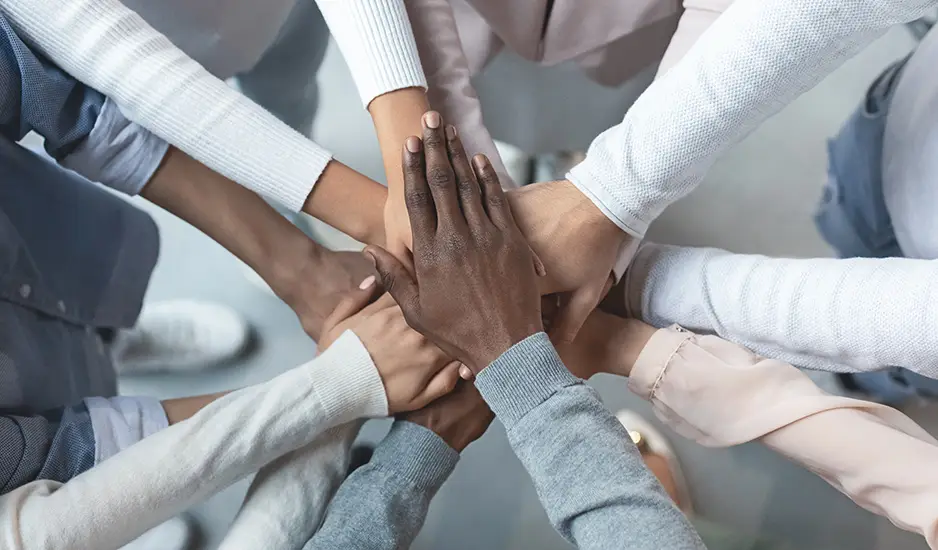A project that addresses the urgent housing and employment needs of the inhabitants of buildings in the former MOI district, to support their gradual independence and allow the buildings to be handed back for urban and social redevelopment purposes.
Mission:
Working together for inclusion
MOI is the acronym of Mercato Ortofrutticolo all’Ingrosso [wholesale fruit and vegetable market], an area dedicated to the supply and distribution of fruit and vegetables for the Turin area until the beginning of the 2000s.
In 2006, following the redevelopment work done to host the Olympic Games, the area became the Olympic Village. Once they were vacated by athletes in 2006, four of the apartment buildings in the Olympic Village were occupied by around a thousand migrants following the humanitarian emergency of 2013.
In 2017, Fondazione Compagnia di San Paolo, the Municipality of Turin, the Metropolitan City of Turin, the Piedmont Region, the Prefecture of Turin, and the Diocese of Turin signed a Memorandum of Understanding relating to the MOI – Migrants an opportunity for inclusion – initiative, aimed at dealing with the housing and employment emergency for the inhabitants of the occupied buildings, implementing a process agreed with the people involved to allow the gradual return of the buildings, determining their potential uses for urban and social redevelopment purposes.
This highly experimental project involves taking action that is not typical of an emergency situation but aims specifically to create a long term social integration and inclusion process, without losing sight of the context and the great challenges that migration poses to our communities. It is a pilot initiative intended to tackle the third stage of integrating migrants into society, particularly those who are entitled to international and humanitarian protection and who, having completed the initial reception procedures, are entitled to remain in Italy but have yet to achieve a sufficient level of independence in terms of housing and employment.
The public and private organisations involved have created an inter-institutional committee and a project management committee which have continued to meet on a weekly basis in recent years to deal in a synergistic way with complex situations, experimenting with new ways of involving the inhabitants of the buildings, providing reception and social, economic inclusion and housing support.
Since the buildings were vacated, the project has continued to respond to the needs of their residents, relocating them to buildings belonging to the Municipality or Diocese of Turin, or to other forms of accommodation across the area, supporting them in developing personalised paths to employment (facilitating their inclusion in dedicated training courses and activating internships for recruitment), with the aim of ensuring their complete independence.
